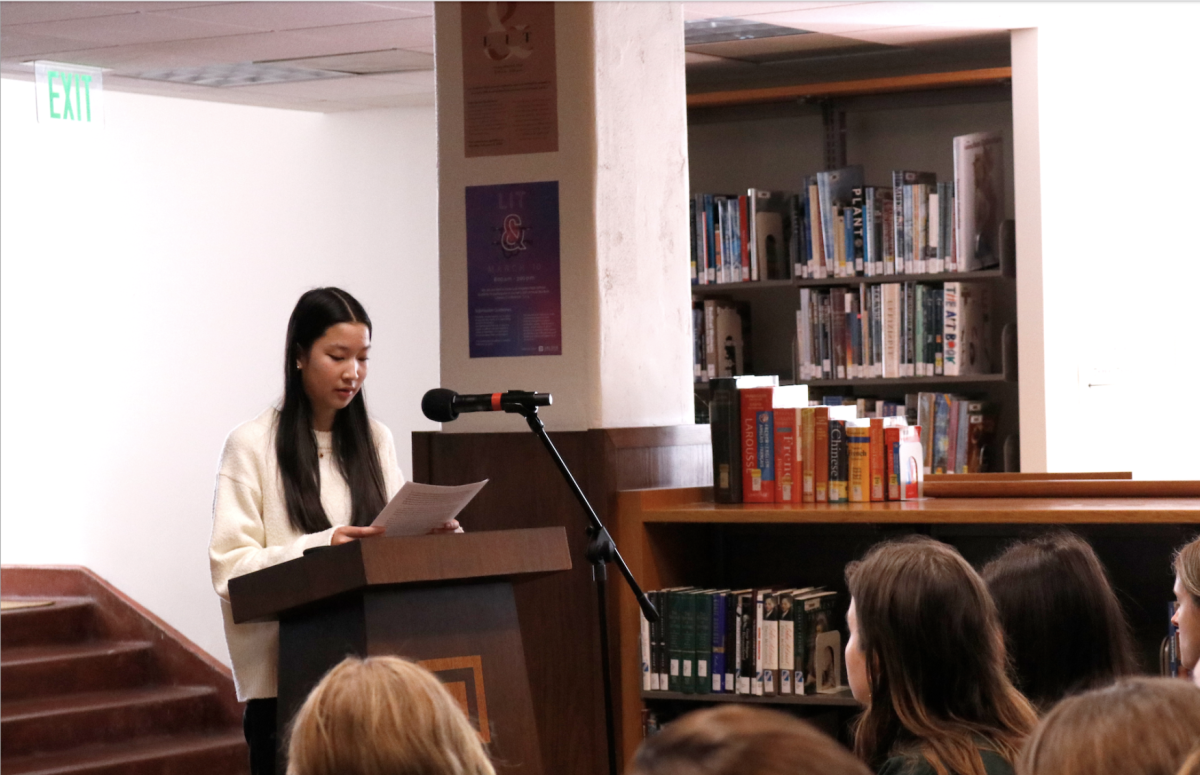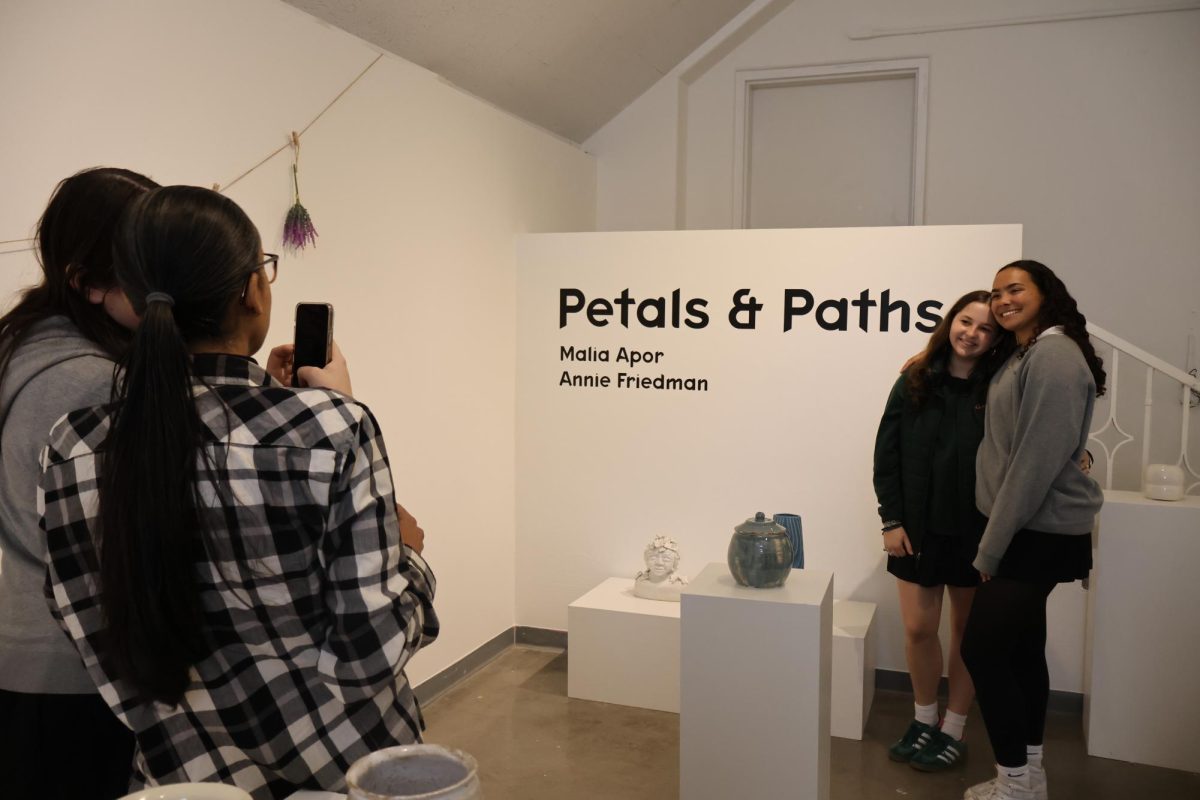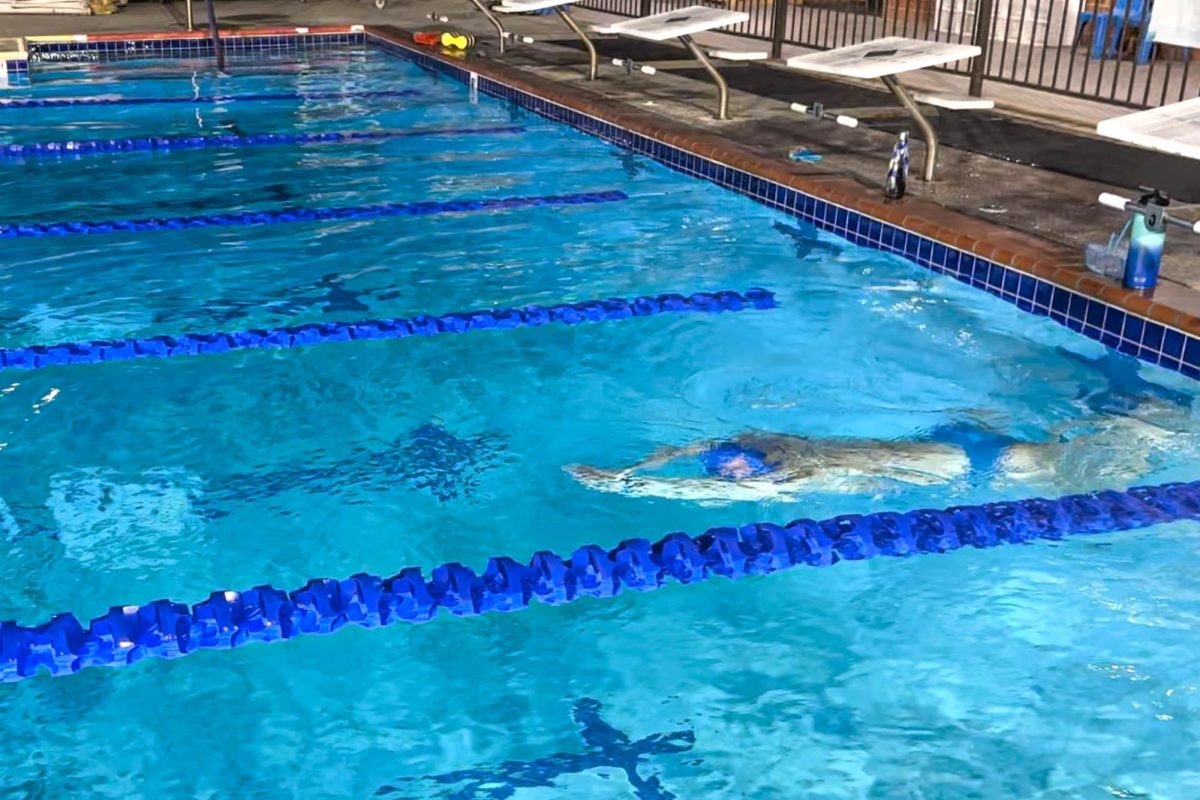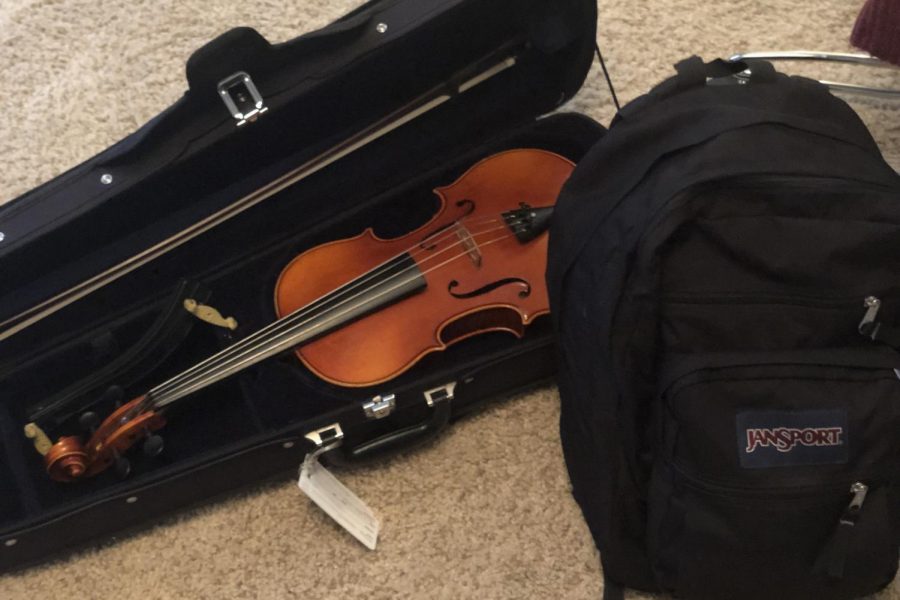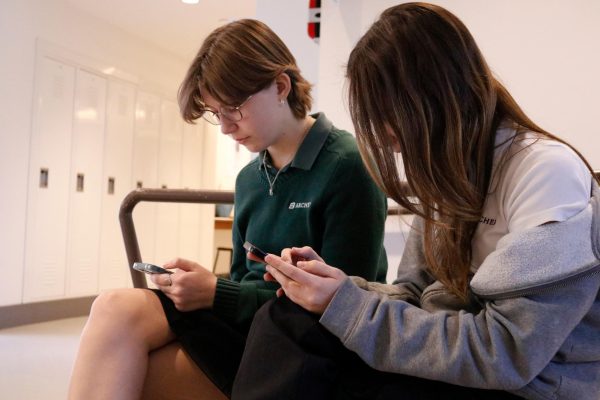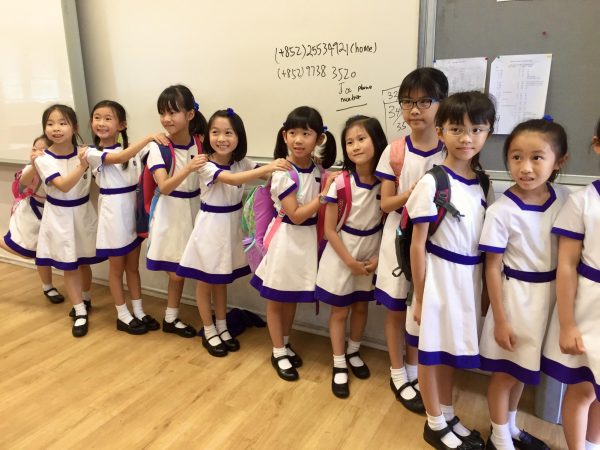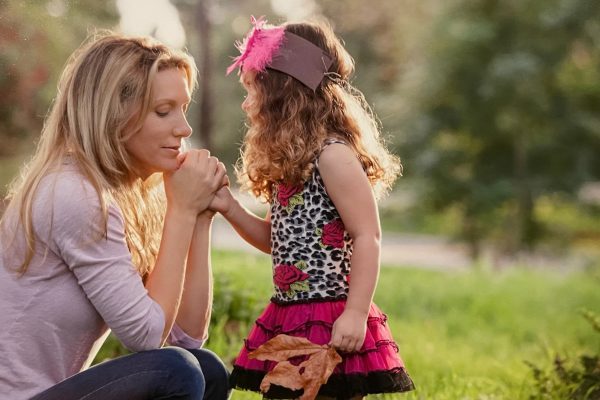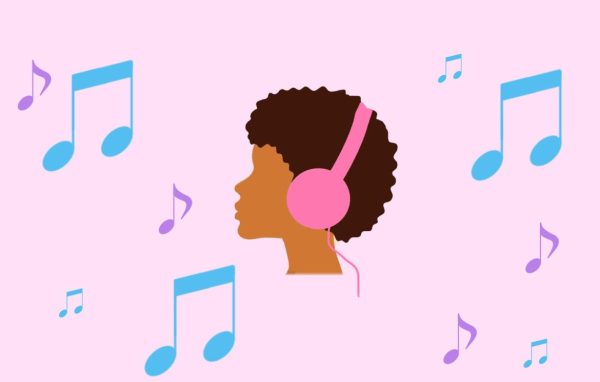Op-Ed: Arts programs belong in our classrooms
Photo credit: Emma London
Maintaining arts education in schools is crucial for fostering well-being among youth. According to the National Assessment of Educational Progress, 63% of eighth-graders nationally take a music course.
English, science, history, math and…orchestra? This is the way all schedules should look.
At Archer, music and arts education begins in sixth grade. Throughout four quarters of the year, students rotate between electives that include visual arts, theatre and strings. In seventh grade, students can choose to take an elective such as strings for an entire semester; in eighth grade, they can take it for an entire school year.
Programs like Archer’s ensure that the arts stay alive. Once a sixth grader falls in love with the stage or the magic of a string instrument, she will have that love for the rest of her life.
I would know. I was that sixth grader. I had never thought I could play a string instrument, but because of Archer’s music program I have been playing the viola for four years. The satisfaction of finally playing a tricky run correctly or learning how to do vibrato is unlike anything else. There is magic waiting in the orchestra room that all children should be granted the opportunity to discover.
According to a study published in “Nature Reviews: Neuroscience,” children who had musical training were proven to have better memory and linguistic abilities. It’s even been proven that the IQs of children who are regularly taught music increase. Aside from the physical benefits of the arts, the emotional benefits are irreplaceable. When I have academic class after academic class, I burn out easily and simply cannot do any more work. Having a music or arts class in my schedule has allowed me to have designated time in my day to take a break and breathe.
So why, if music education is so clearly proven to be beneficial, are arts programs being cut around the country?
In the Trump administration’s first federal budget of 2018, he proposed cutting the funding of the National Endowment of the Arts [NEA]. According to their website, the NEA “is the independent federal agency whose funding and support give Americans the opportunity to participate in the arts, exercise their imaginations, and develop their creative capacities.”
In schools, the NEA awards grants to improve crucial arts programs throughout America. Approximately 50 percent of those awarded grants are located in neighborhoods with high poverty rates. Between 1966 and 2016, the NEA funded $238.6 million worth of arts educatios programs. Trump’s desire to cut funding would cause arts education across the country to disappear.
Thankfully, a spending bill passed by Congress ensured that the NEA would not lose funding; in fact, the bill allows a three million dollar increase in its funding. Despite the fact that Congress saved arts funding this time, there is no guarantee that programs such as theatre and music, which are crucial to the development of young children, will be safe in the future.
Nationwide, 97% of elementary schools don’t offer dance programs, and 96% don’t offer theater programs. Not only does Archer offer arts programs like these and more, but we celebrate them. Archer allows us to become musicians, dancers, actors and artists. It’s time we appreciate this unique opportunity. So pick up an instrument, audition for that lead role or join choir — there is so much to learn outside of a traditional classroom.

Emma London joined the Oracle as a correspondent in 2017 and as a staff writer in 2018. She is on Archer's equestrian team and plays the viola in upper...




![Freshman Milan Earl and sophomore Lucy Kaplan sit with their grandparents at Archer’s annual Grandparents and Special Friends Day Friday, March 15. The event took place over three 75-minute sessions. “[I hope my grandparents] gain an understanding about what I do, Kaplan said, because I know they ask a lot of questions and can sort of see what I do in school and what the experience is like to be here.](https://archeroracle.org/wp-content/uploads/2024/03/grandparents-day-option-2-1200x800.jpg)
